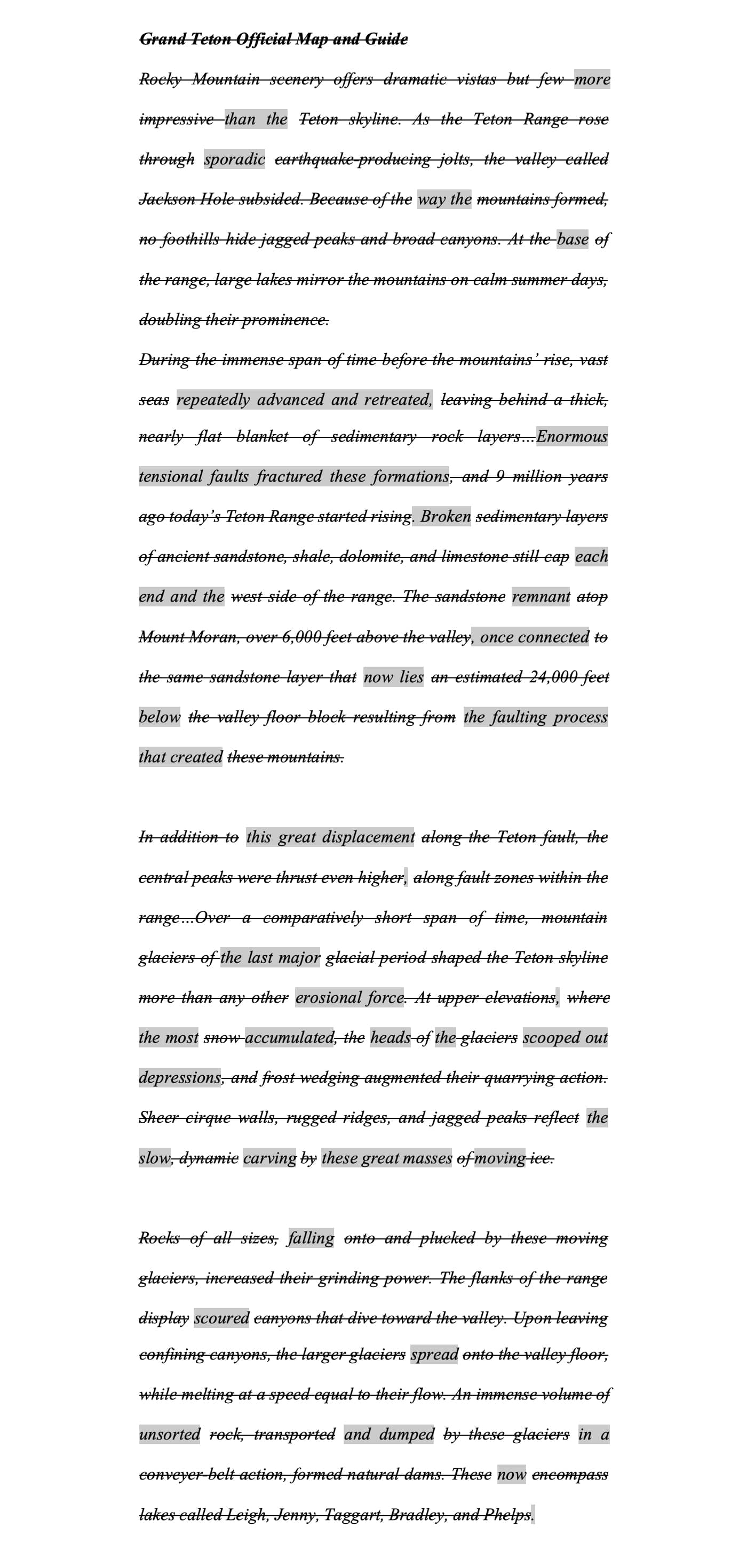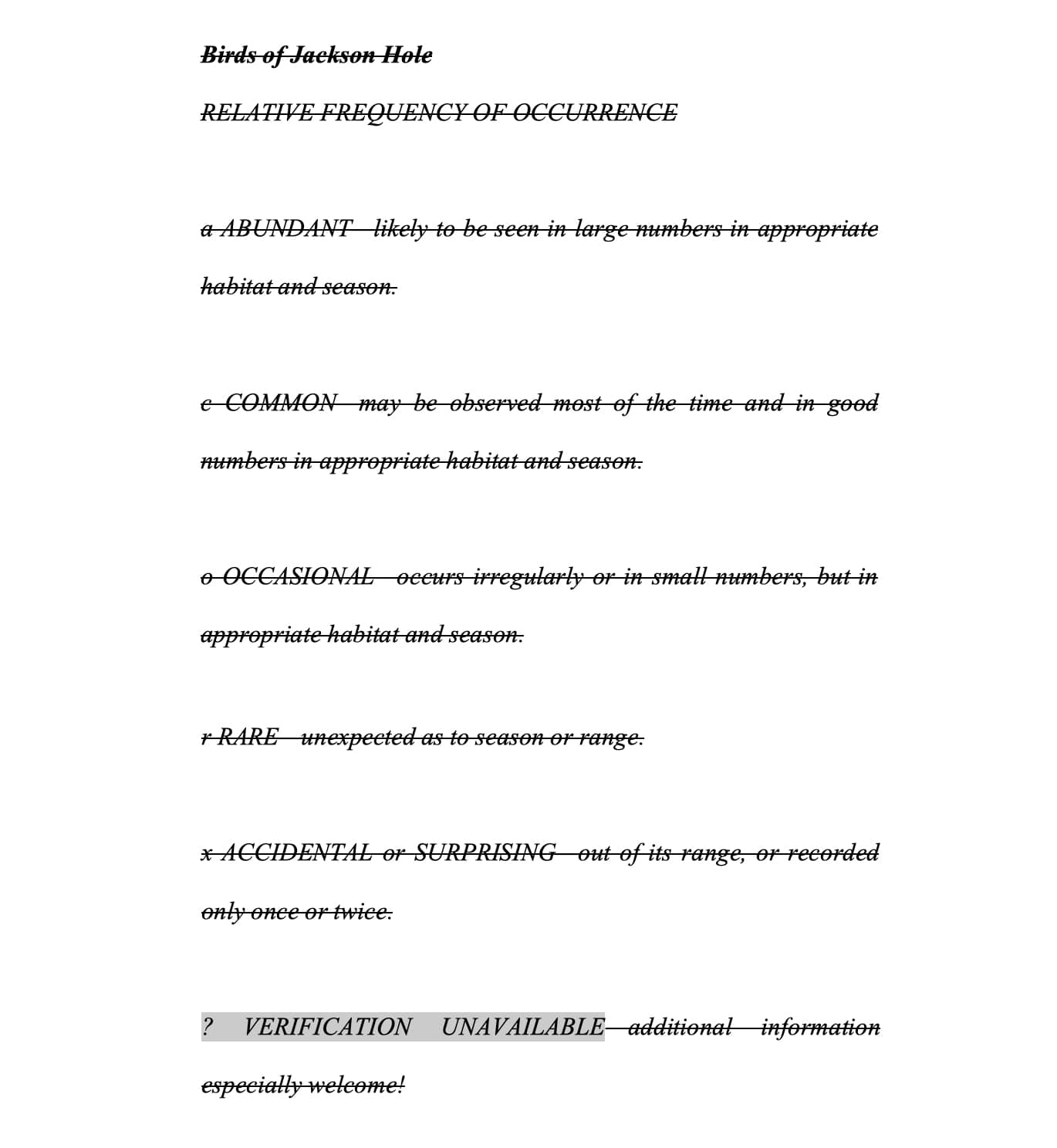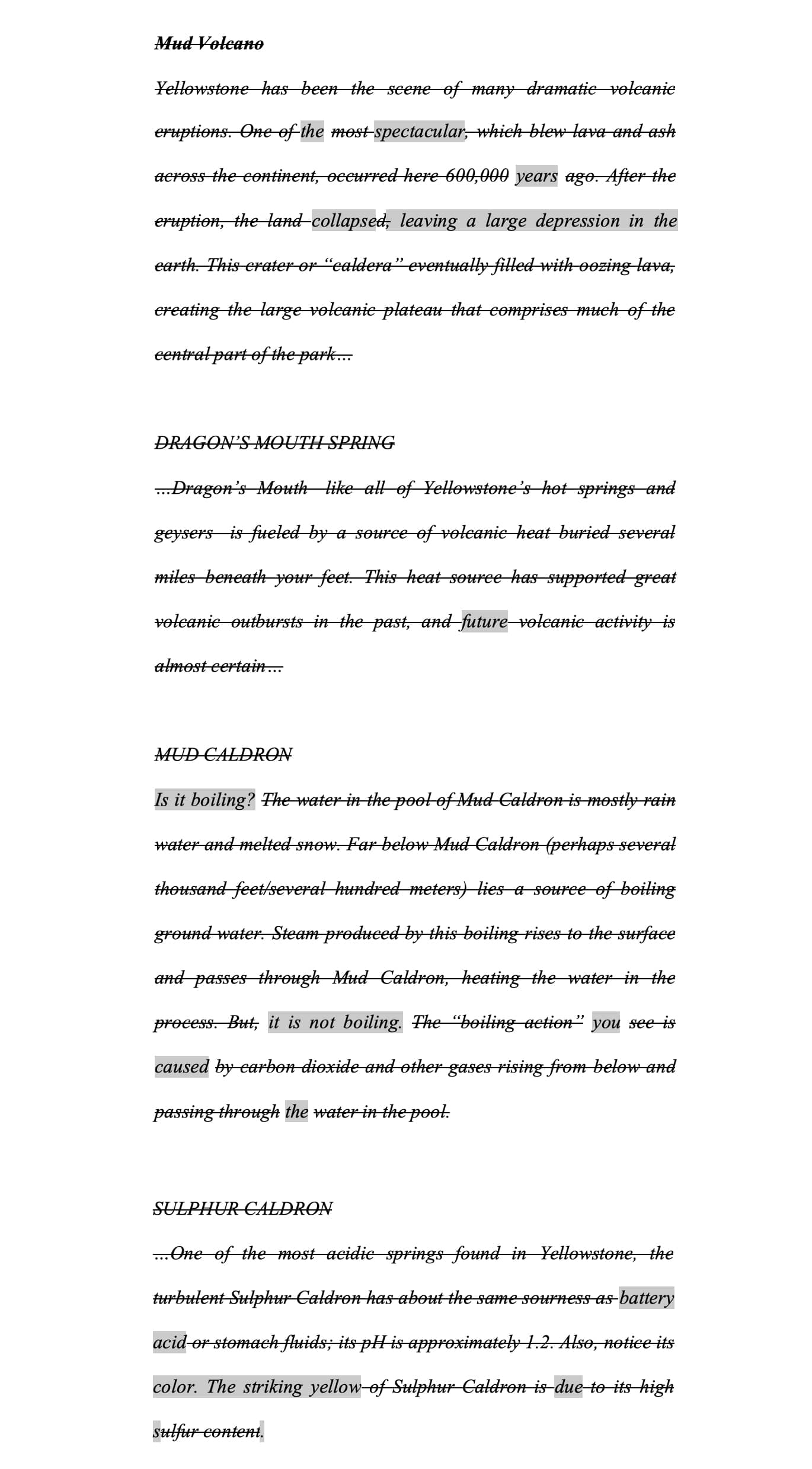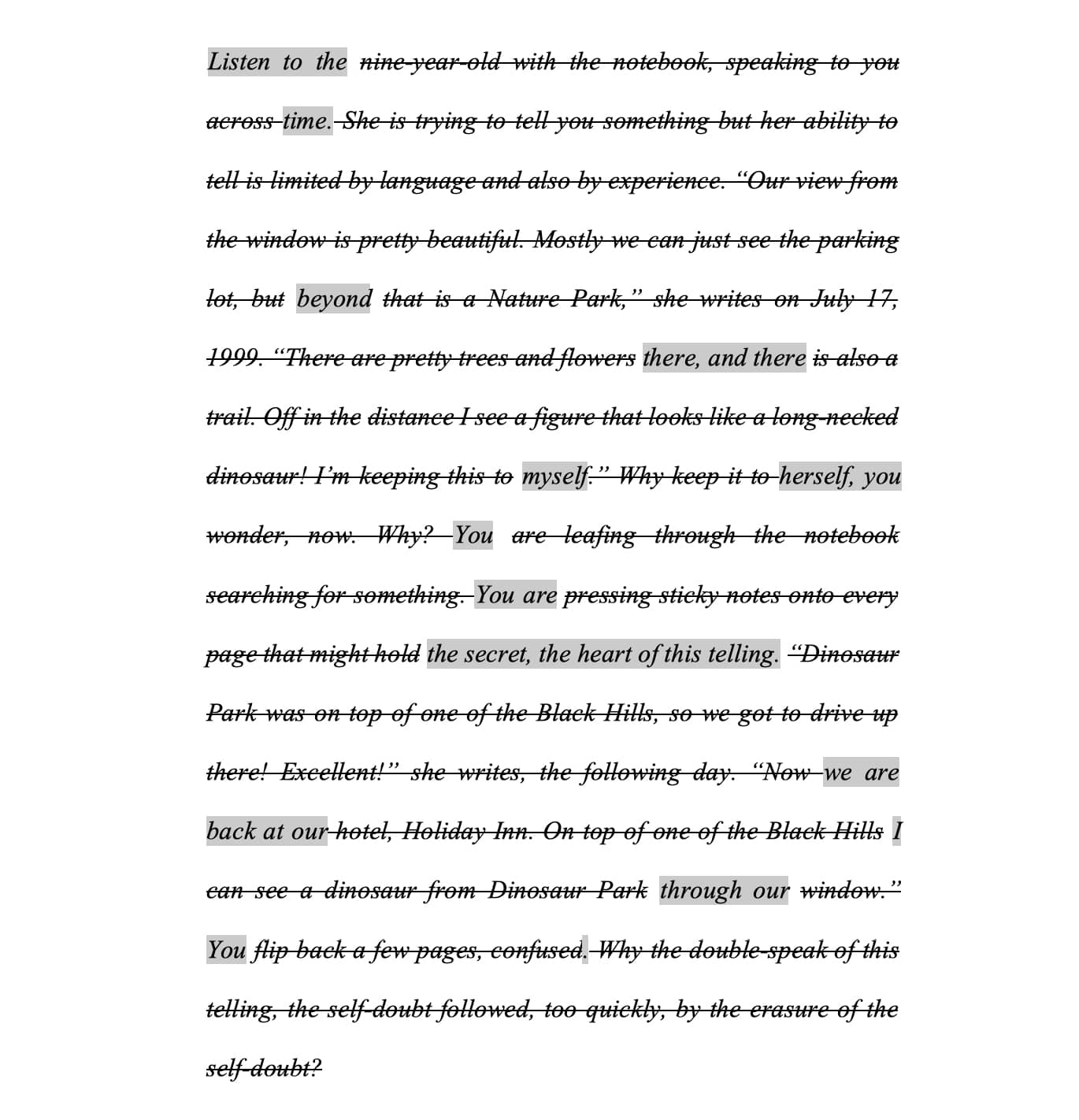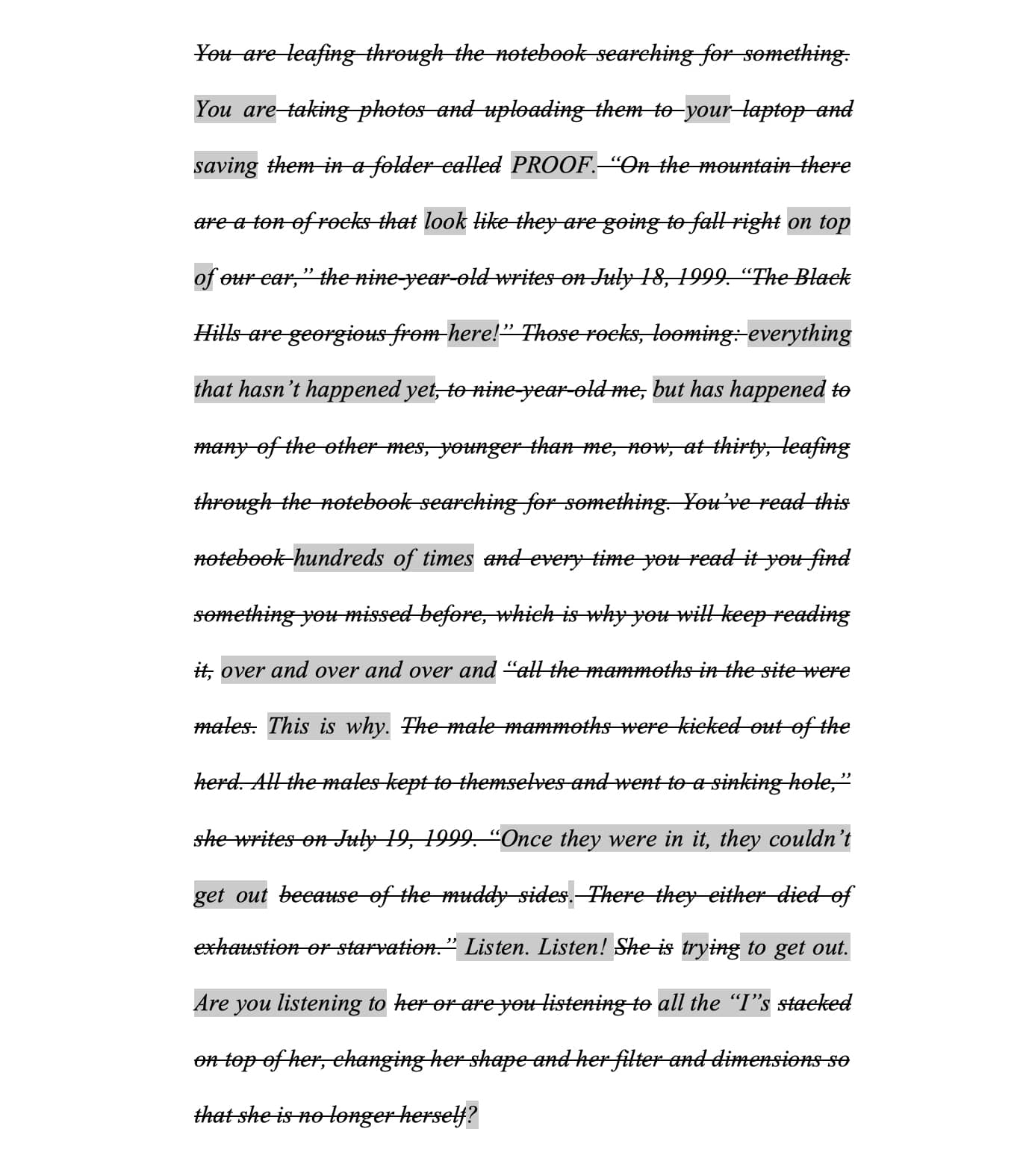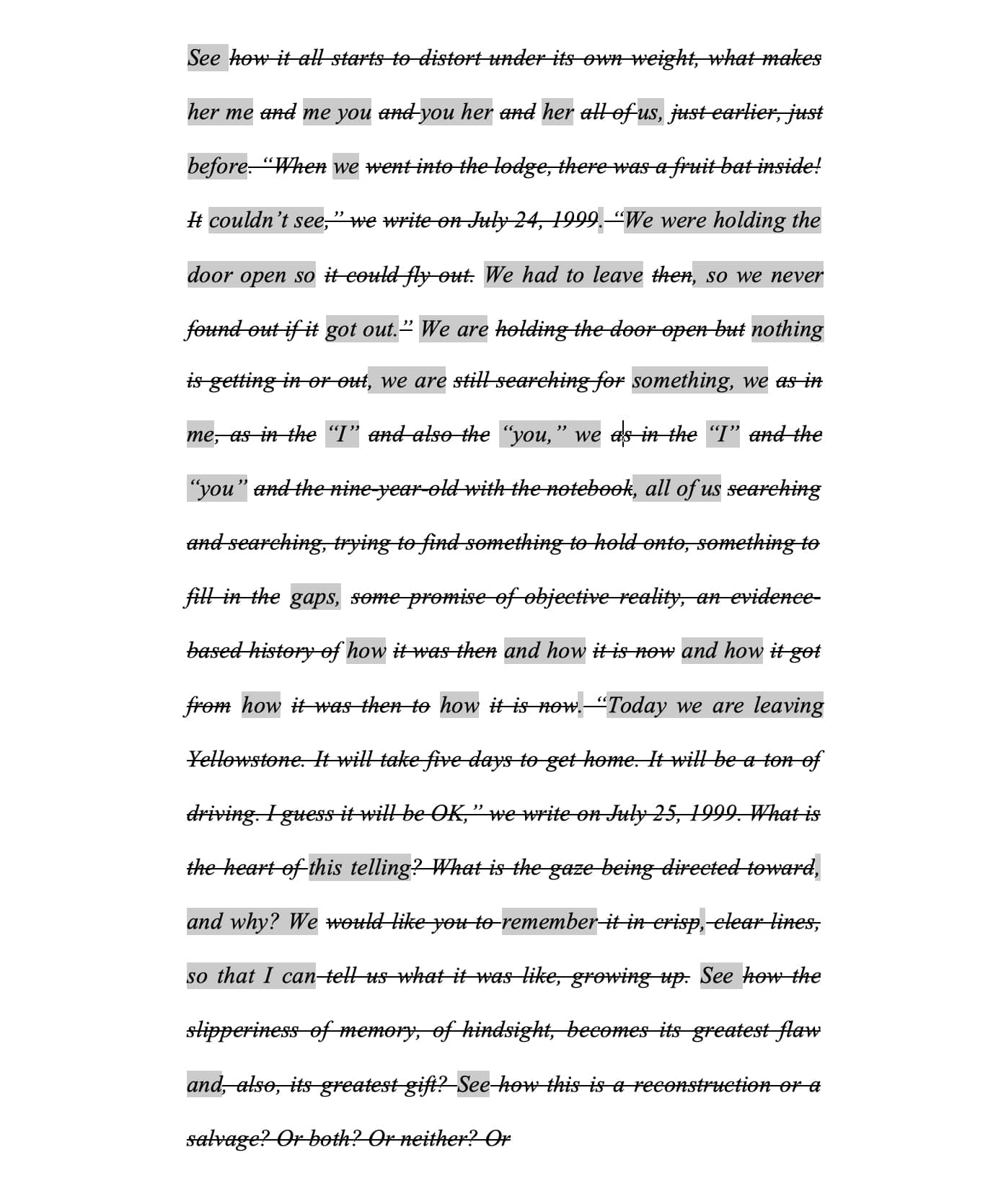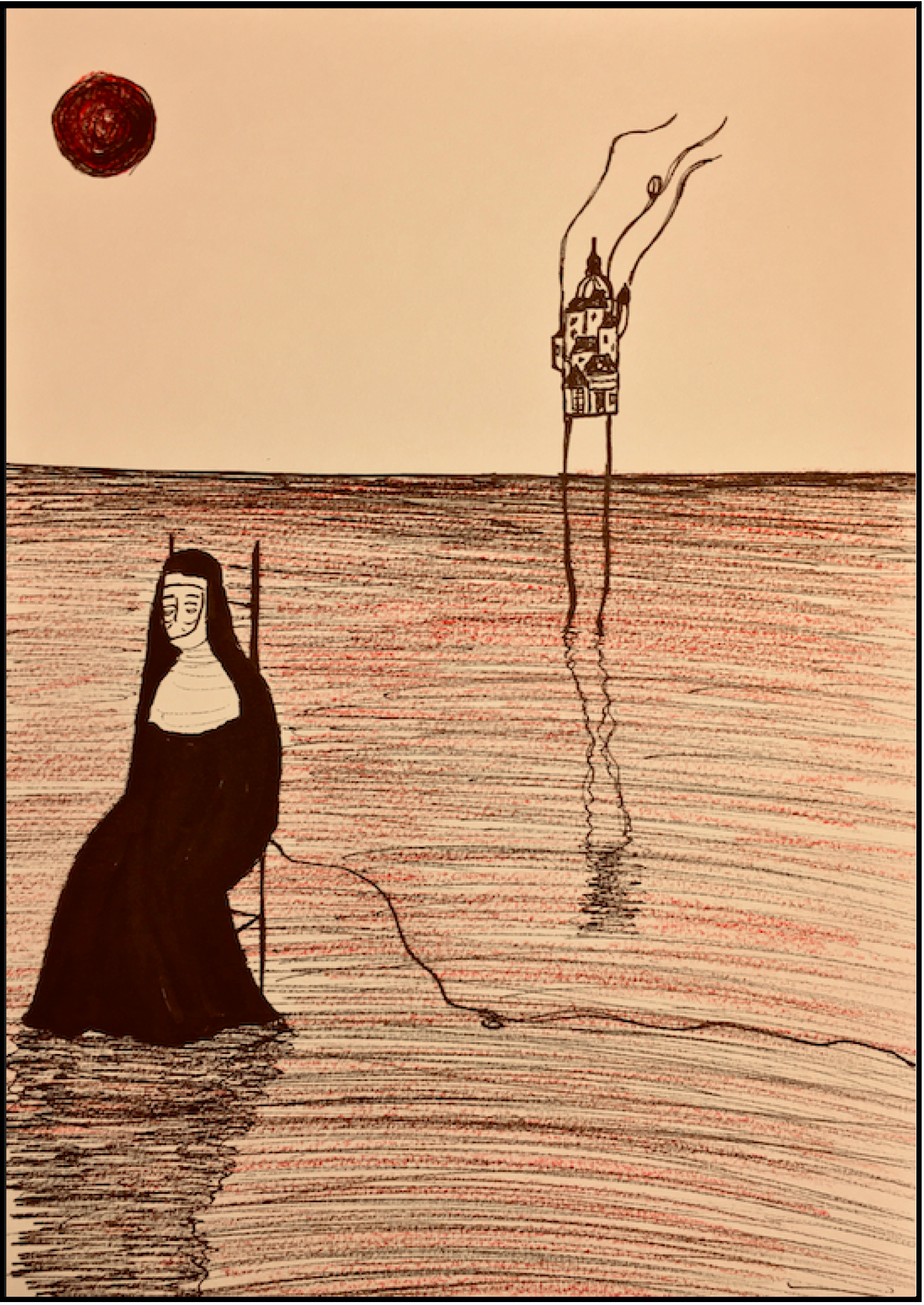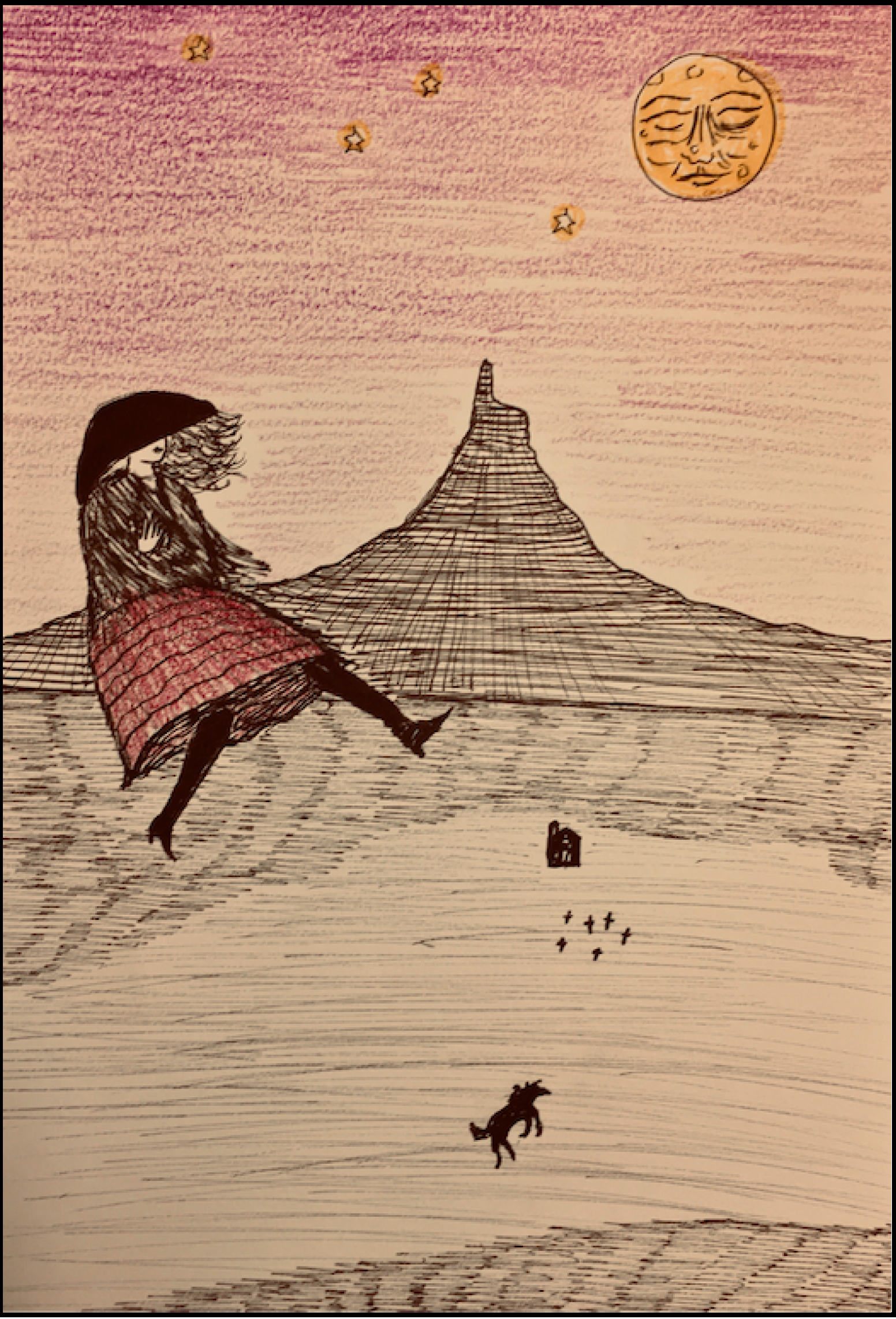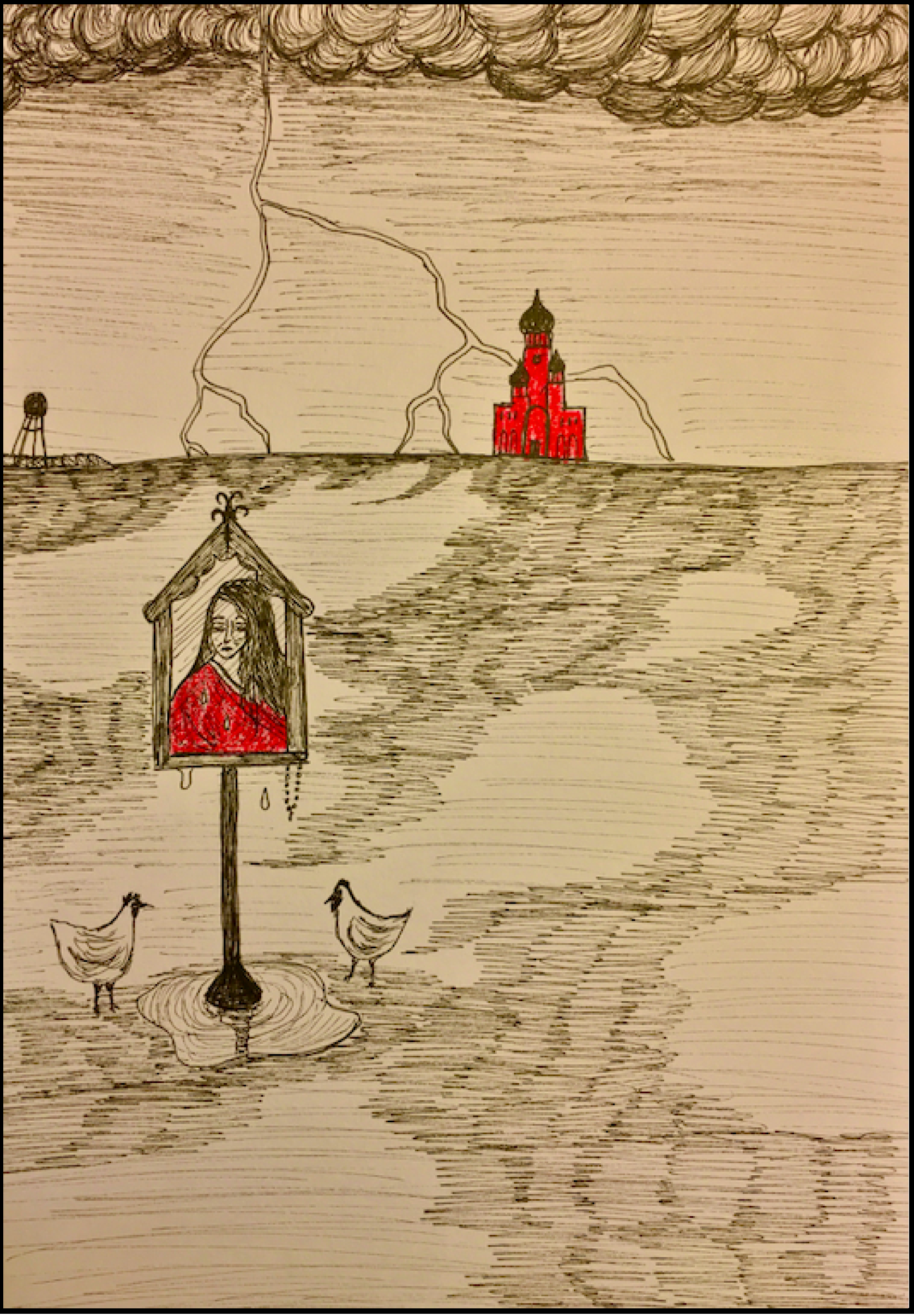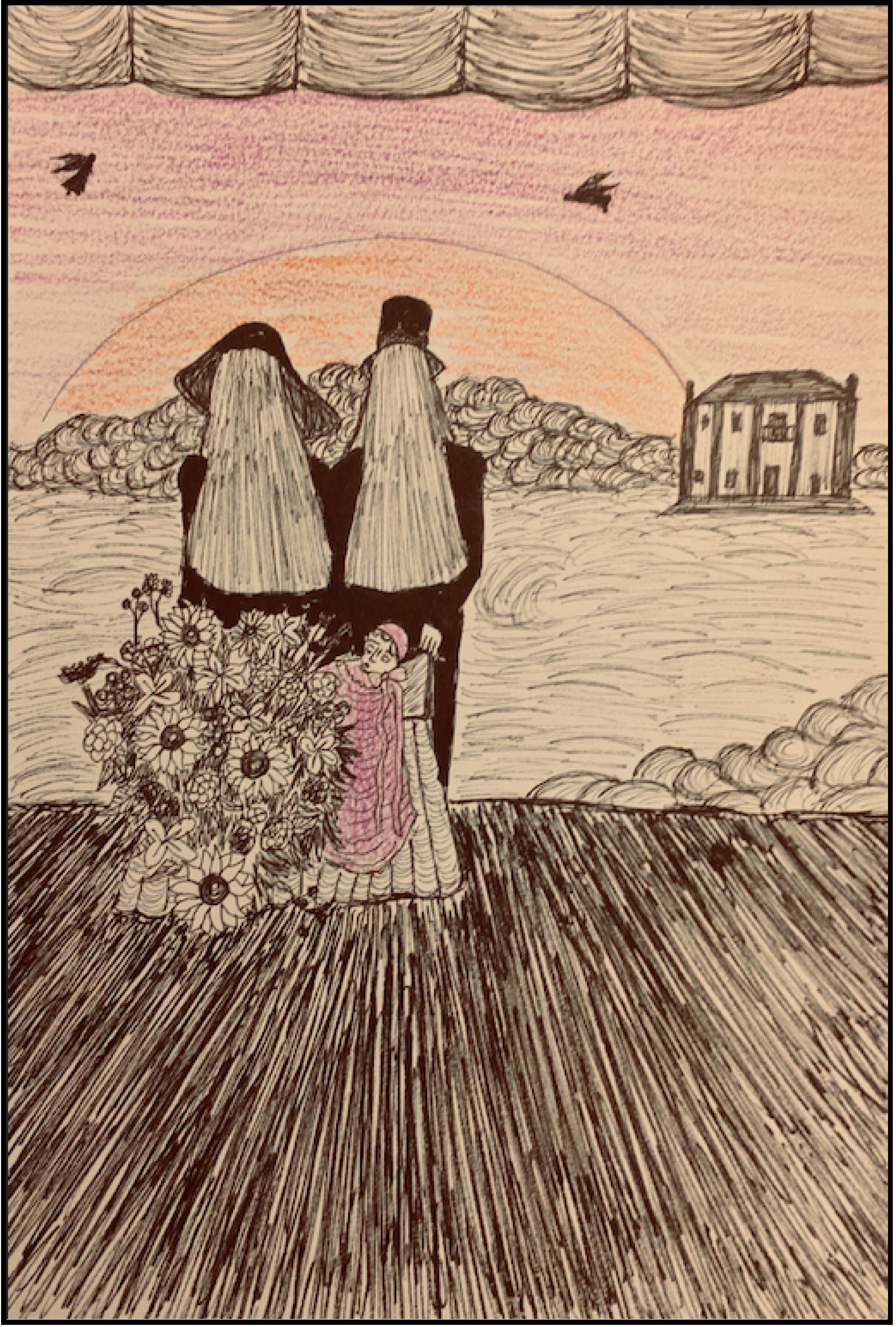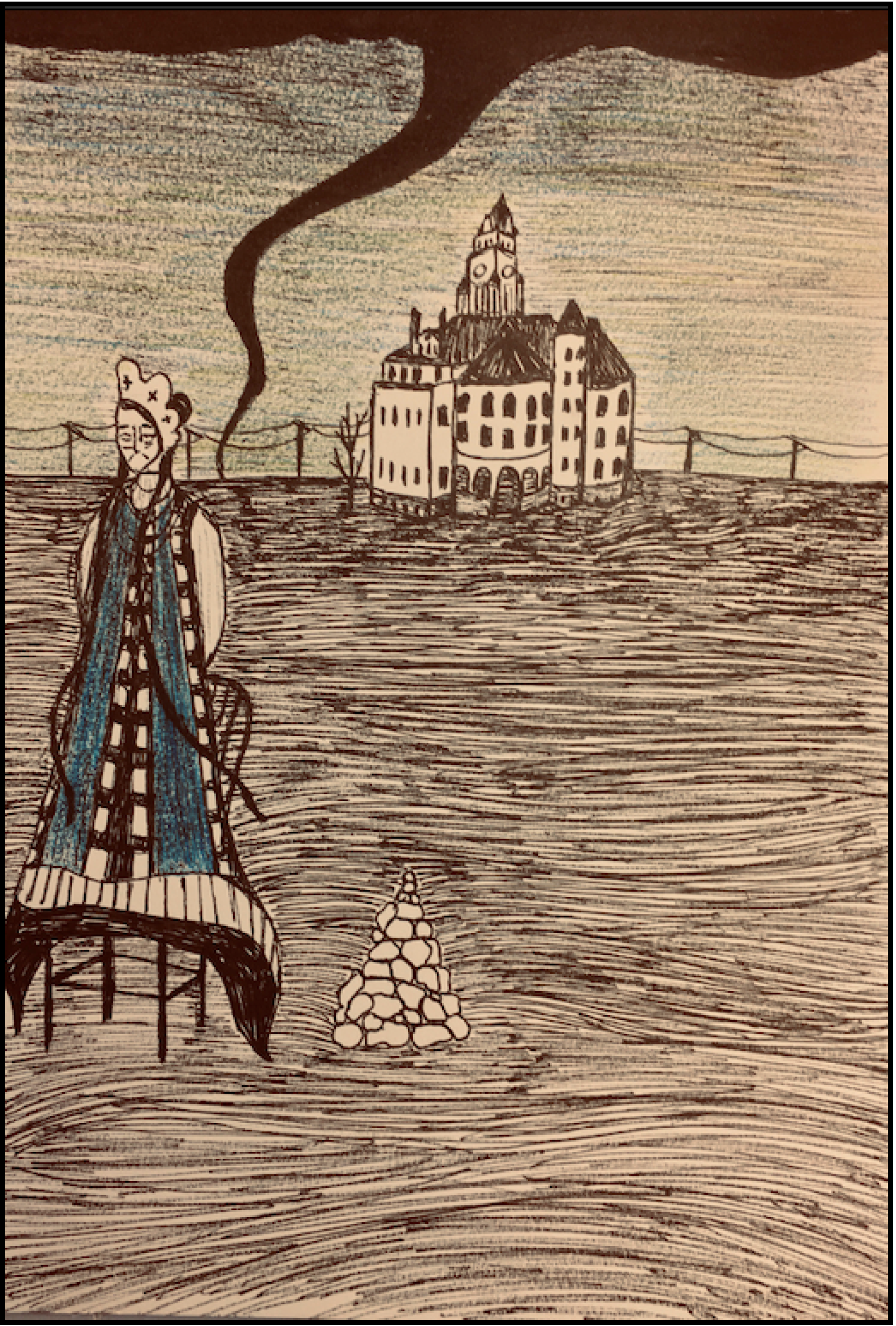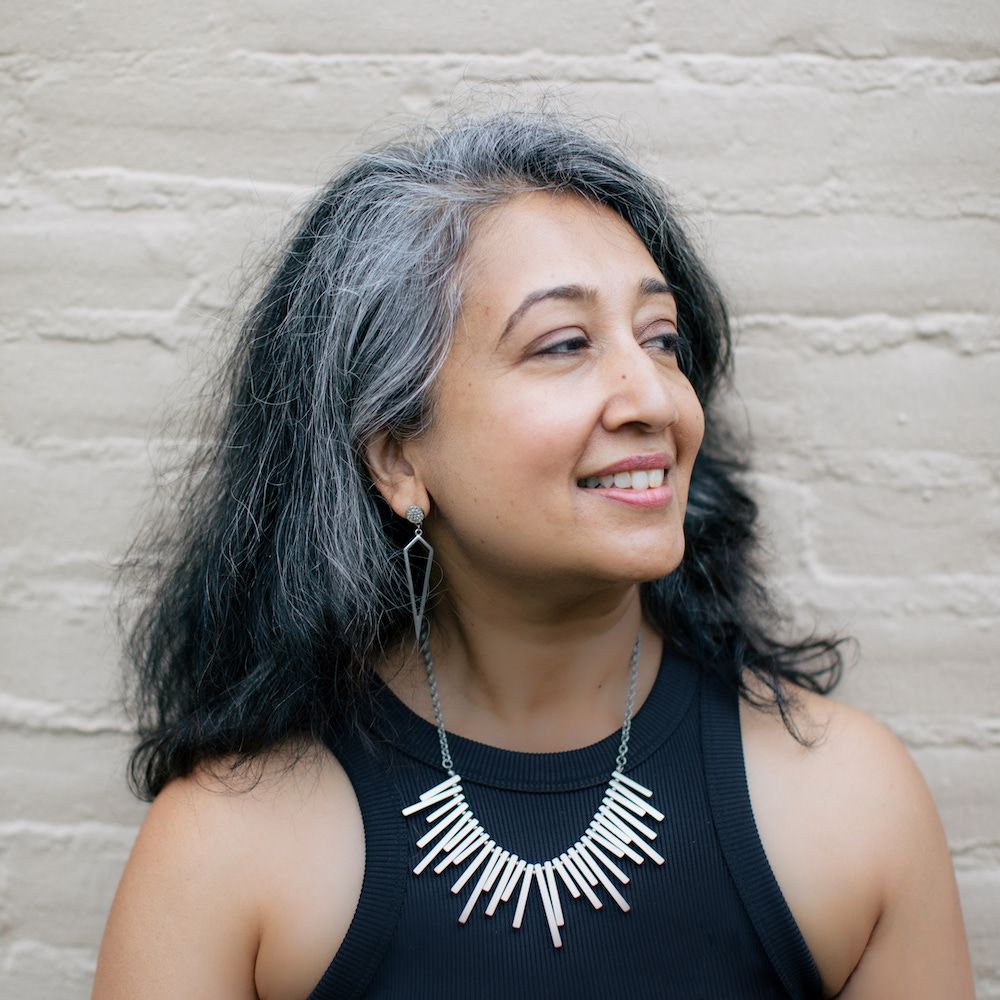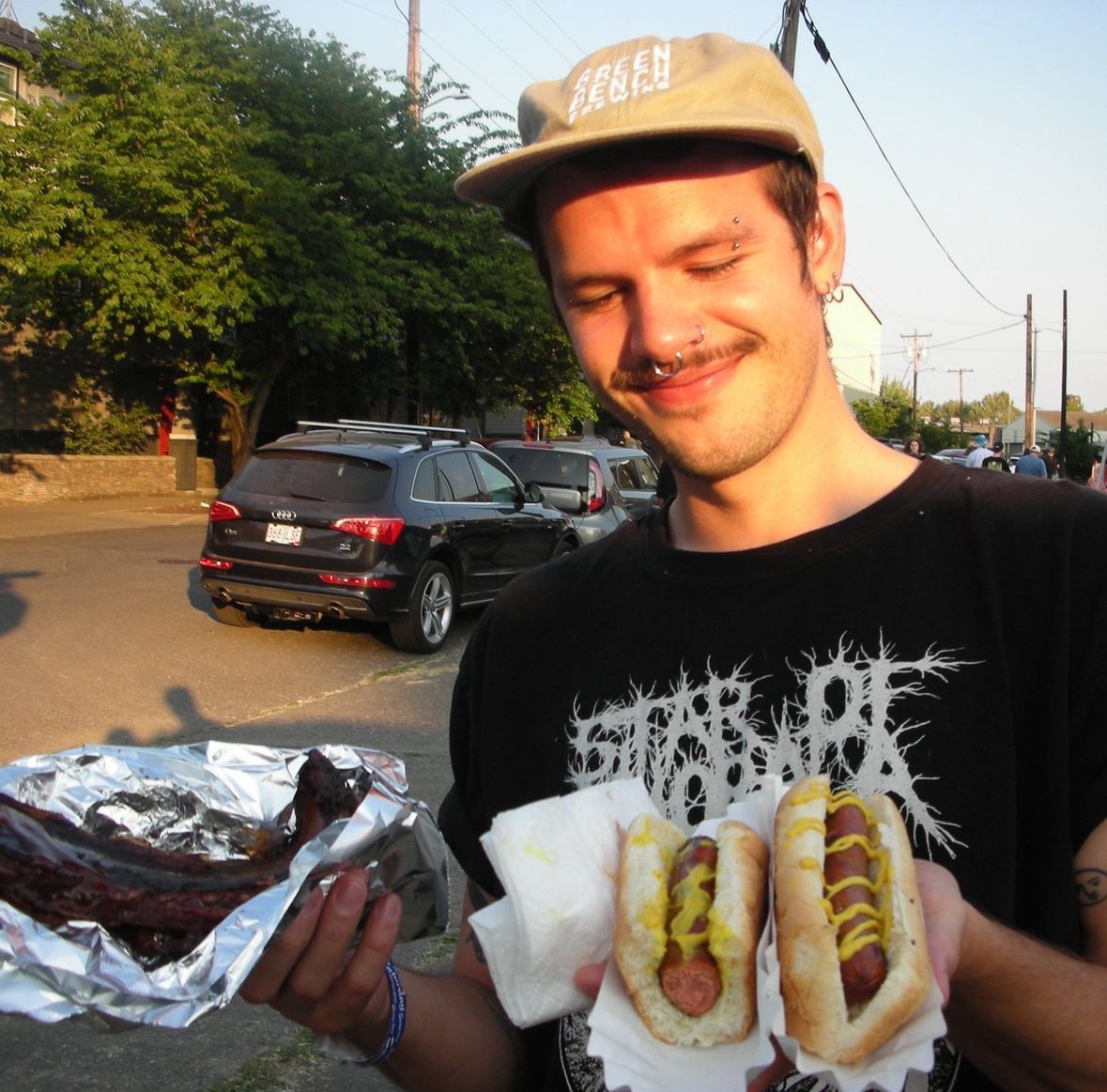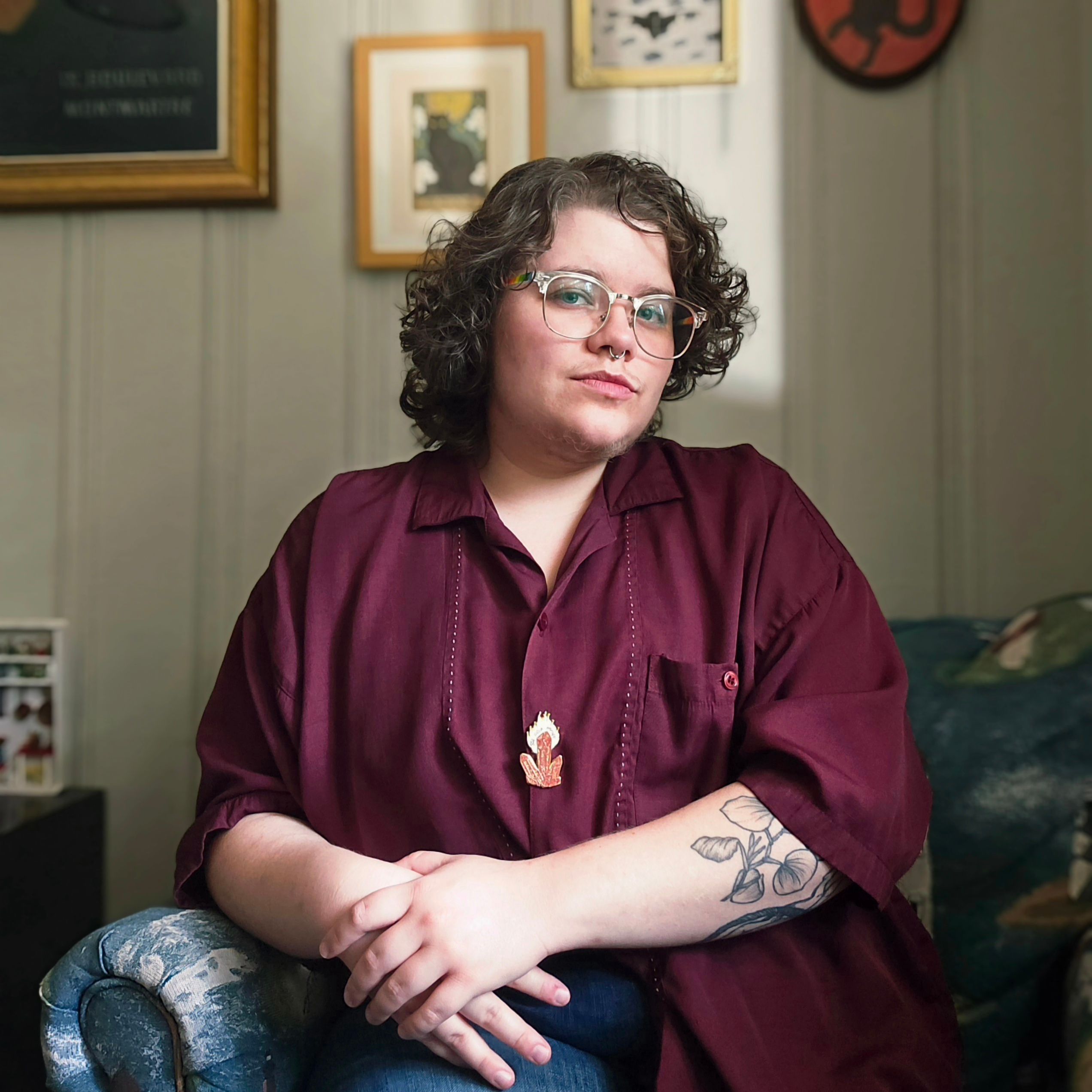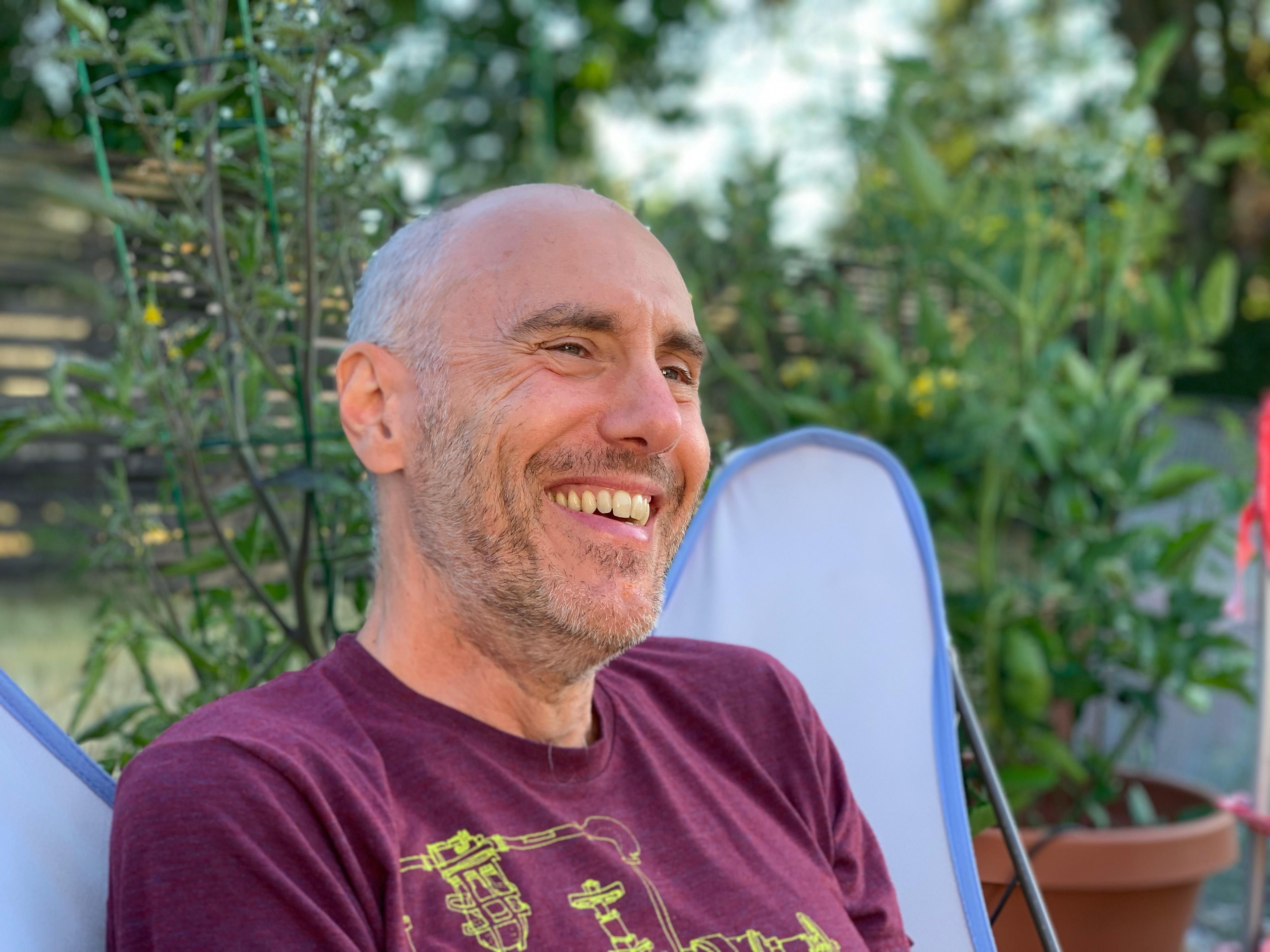1
I cherish a photograph of my mother carrying her first grandchild, my daughter. She is dressed in white and looks like a ghostly bride, a virginal Belle of Hartford. Carrying my two-year-old girl, she radiates a classic gorgeousness. Her hair is still mostly black and pulled back in the same chignon that always signaled to me she was happy for the moment.
Then there is the glossy black and white photo that I worshipped when I was a little girl—in it my teenaged mother seems to be gazing at something far away. Her preternaturally dark lips come across as a burst of red against the picture’s gradations of white and gray and black. My mother was looking for sunlight. Now she incubates under the fluorescent lights of her nursing home. Every time I see her, she is in the midst of another metamorphosis—one that continuously forms her into an old woman I barely recognize. Her voice, which had the pellucid quality of a broadcaster, is thick with mucus, studded with gravel. She tells me that I should have taken care not to let my hair go gray, go old. It’s just natural, I tell her, and in the next moment, she looks right through me.
2
My mother was sorrowfully named for an aunt who died in childbirth. In English, my mother’s name, Matilda, has a Teutonic harshness. The Spanish “e” at the end of Matildé softened her when she spoke Spanish
3
The soundtrack of my early childhood: my mother’s manic typing filling up Sunday nights. My mother was back in school, and she pounded the keyboard as if she were trying to liberate enough energy to set fire to our three-bedroom colonial that sat on a corner lot. She wrote weekly research papers in the dining room in a desperate bid to complete her weekly homework for her master’s degree in Spanish literature. The anxious clickety clack of her industriousness set us on edge. She brought saw-tooth ferocity to her work.
In that first year of study, my mother was assigned to read Don Quijote de la Mancha. And so that time belonged exclusively to Don Quijote. My mother said that Miguel de Cervantes didn’t actually write the novel, believing Cervantes’ ruse that the fictional Muslim historian Cide Hamete Benengeli was the rightful author. This was a triumph of literary verisimilitude. Yet there was so much gullibility to go around as my mother studied and memorized. For years the name Cide Hamete Benengeli rolled off our tongues as if we were on to something. But Cervantes tricked us. My mother’s version of Don Quijote also portrayed Dulcinea, Don Quijote’s girlfriend, as a beautiful woman who resembled my mother. Sancho Panzo, Don Quijote’s squire, never figured into my mother’s reinterpretation of the story. Who wants to be a sidekick?
4
A wild half-thought: This was 1965, the year my mother was Dulcinea the beauty to my strong, steadfast Don Quijote. My mother rationed Don Quijote’s story to me before my bedtime. At the end of the day, her long hair, lightly streaked with a tinsel-like silver I was noticing for the first time, fell out of its bun. She almost always cried when she put me to bed. “I’ll miss you during the night,” she whispered as she turned off the light. I felt like the most important person as I held my mother’s precarious world together. Even at such a young age, I knew I kept her anchored, purposeful. “Read, Mommy,” I whispered. Sometimes we cried together as we made our way through a chapter. “I’m studying for a better life,” she said. Neither of us knew what that life might look like. Although she did not articulate it at the time, she was attempting to be my role model.
5
My mother entered her master’s degree program in Spanish literature in America with prerequisites that included luck and survival instincts. That bit of luck depended on who was going to demand a transcript trapped behind Cuba’s creaky Iron Curtain. My mother charming, irresistibly so, as the ultimate survivor, made the request seem as unreasonable as Fidel. She enrolled in her first class without incident, seven months pregnant with my brother. I was five and liked to pat her round belly. “I think this is a boy,” she said hopefully.
6
I was married with children when I volunteered my mother to tell her story for a friend’s art project showcasing women’s immigrant stories. But my mother had few documents or actual objects from Cuba to buoy her tale. All she had to give was a rambling narrative as she fanned herself with the sleeve that once held a Cubana Airlines ticket—a remnant of her first trip to the United States. She also presented a pink robe with layers upon layers of scratchy taffeta and a piece of black velvet fabric to tie into a bow. My grandmother made the robe for my mother’s wedding night.
But mostly my mother conjured an adrenaline-fueled escape during Castro’s occupation of the University of Havana. I took notes as she told her story to the artist—Googling dates that she pitched at warp speed. However, those dates were not adding up. My mother was off by a few years about the university’s closure. There were no classes in session in 1958, so she could not have heard gunfire as she took a quiz. Incredulity came over me that day as I listened to her interview. I was the custodian of a lifetime accumulation of my mother’s tales so tall that they pierced the sky. She not only pulled off a base of knowledge for which she had no formal education, but she also had the skills to earn a master’s degree without an undergraduate degree.
7
My parents’ differences are stark and wide, beginning with the fact that my mother was four years old when Cuban officials refused to allow Jewish refugees from Nazi Germany to disembark the MS St. Louis. Add Cuba’s decision to a raft of other countries, and it became the definitive image of a voyage of the damned. The ship returned to Europe, and most of the passengers perished in the Holocaust. In a drunken outburst, my grandfather told his little daughter that there was no hiding from the Nazis in Havana. That same year, 1939, my father was a senior at Yale being groomed as a company man to carry out secret missions for the United States.
8
My mother had always hoped her advanced degree would graduate her from high school Spanish teacher to university instructor. She scared me as a kid when she threatened to run away to the Universidad de Salamanca in impossibly faraway Spain to earn a Ph.D. In the meantime, she needed a job. My father wasn’t earning enough to pay for her shopping sprees. She called her teenage students burros. She tired of trying to get them to conjugate irregular verbs. She said there was no creativity in what she did. I think she meant there was no glory. And my mother wanted so much to be magnificently wrapped in beauty and light and wealth. She said she was no better than a caballo de circo—a circus horse—a beleaguered animal destined to drift in circles. Or maybe she was like Rocinante—Don Quijote’s long-suffering horse. Rocinante was another of Cervantes’ allusions. In Spanish, rocín means work-a-day horse.That pitiful horse was a stand-in for Don Quijote, the bumbling knight-errant, and my mother, the struggling high school Spanish teacher.
9
My mother also became a United States citizen in her first semester of graduate school, and my brother was born in November. “Tenia que dar luz a tres Americanitos before I could become an Americana myself.” The idiom to give birth in Spanish literally translates as “to give light.” Soon after, my mother wailed as she typed her final paper of the semester, postpartum and miserable, in December darkness.
10
At first, my mother read Don Quijote to me slowly, incrementally. She eventually gravitated to the knight rather than to her version of Dulcinea. His anti-hero stance was very much my mother’s alter ego. Where someone might see Don Quijote’s foolishness, my mother saw his victimhood—even his martyrdom. “Pobresito, Don Quijote,” she sighed frequently. She read to me in Spanish but translated in English as I sat in the kitchen coloring luncheon placemats the hostess at G. Fox’s Connecticut Room handed out. My mother embarrassed me when she brazenly took a whole stack of them. “She has so many crayons to use,” my mother said through the widest smile. As I colored, I was mesmerized by my mother stirring another hapless concoction of stewing meat and ketchup. Cervantes’ immense novel, weighted down with stories and sadness and misadventures, was barely contained in the cookbook holder.
11
The metal arms of my mother’s baby blue Smith Corona struck the onionskin paper like a match. I was scared that my mother and the paper would combust at any second into un carmín encendido—a hot fiery red. I intuited that anything my mother created could potentially burst into flames like Don Quijote’s library. His attempt to accumulate all the knowledge in the world turned into ashes, ashes, we all fall down.
12
Lying in bed upstairs, I heard my mother’s desperation suddenly shoot up like a geyser. She screamed, “Ay Dios mio!” over and over to prevent herself from falling asleep. She was always chapters behind in her reading. I wanted to crawl on her lap, but I was afraid of unleashing an even more ferocious tirade. My mother’s desperation will bring her to slap her own face, pull out clumps of her hair. Later she will transfer that vehemence to me as she throws whatever is at hand. One time she hit the mark, and a vitamin bottle grazed my head. As my father administered to me, he mumbled, “A lot of blood in a head wound.”
Don Quijote de la Mancha is the thickest book of words and action and themes my mother has ever tried to read. Her copy, in the original Spanish, dropped on our doorstep all the way from Spain. Wrapped in brown paper and festooned with stamps I had never seen, the book looked as ancient as if it had belonged to Cervantes himself. Its arrival was a milestone in my mother’s education and a millstone around her motherhood.
13
Everyone knew Dulcinea was fea, fea, fea—ugly, ugly ugly. Everyone knew that except Don Quijote. In my mother’s new literary world, fea was code for puta. I am twice the age my mother was when she started her master’s program, and I still cannot wrap my head around the fact that Dulcinea was a prostitute. I was shocked when I found out in college. It turns out I was like Don Quijote all along.
14
Don Quijote had his moment on Broadway in The Man of La Mancha. We didn’t have the record. Instead, we implausibly listened on repeat to Fiddler on The Roof, along with Straus waltzes and a children’s classical music record with a creepy oboe solo in “In the Hall of the Mountain King.” And of course, there were the full-on brassy canciones of Beny Moré, which we danced to until we were black-sky, star-flecked dizzy. My mother said that Beny died in prison after Fidel tortured him. When I was older, I did my research and put another pin in my mother’s fantasies. Pop, pop, pop. I told her that Beny Moré died of alcoholism. I expertly ducked when my mother threw a vitamin bottle at me in response.
15
One Sunday afternoon my father took us three kids for another dull ride to nowhere in the Malibu so my mother could wrestle with the term paper of the week. He started to march us out of the house like little soldiers, with me the oldest leading the way, when I saw that a thin, fragile piece of paper was hopelessly trapped in the roller of the electric Smith Corona. “No puedo. I can’t,” my mother muttered over and over. At that moment, a familiar feeling came over me. My mother was the only one in the world who cried so fiercely over things that seemed so harmless. I, the most Latinx child of my mother’s three children, the only child who spoke her language, also cried my way through a hypervigilance that almost always gave way to panic. Around my father’s hostile New Haven, Connecticut family, Spanish was our strained, secret language. My mother wanted them to know that I belonged only to her.
In the end, did my mother doubt her ability to write the paper, or was this a fit of pique over a broken typewriter? Did the blank page trap her? Did the paper, crinkled and useless, attack her? Did she think this education she wanted so much was a privilege to which she was entitled? Her hair was splayed atop the typewriter. Her fingers were dark with ink. The typewriter ribbon was out of its carriage, flabby and twisted. What was more wrecked—my mother or the typewriter? Pobresita, mi madre.
16
It took my mother five years of night school and summer school to complete her master’s degree. During that time she became close to one of her professors. The professor was an American like my father. He was also from New Haven, and he graduated from Yale a decade after my father. The professor lived a few blocks away from us, and every Thursday night he gave my mother a ride home from school. I peeked through my curtain at his car parked in our driveway, the headlights illuminating my bedroom. Even as a little girl, I knew the professor was special to my mother, and I was afraid of losing her to this man. But timing has always been cruel to my mother, tripping her up, setting her life sideways. My mother slapped me when I sang a grade school ditty about “Mommy and the professor up in a tree. K-i-s-s-i-n-g.”
17
Decades later my mother will calmly read the professor’s obituary to me over the phone and tell me, “He was a caballero. He asked Daddy su permiso to give me the rides home.” On those long-ago Thursday nights, my mother and the professor sat for a long while on our driveway in his parked car with the engine on. In the following years, my mother insisted, “I was a lady.” I never doubted her when it came to sex and virtue—my mother’s moral compass steadily pointed north.
18
The professor was married to a Spaniard who also had a Ph.D. in Spanish literature. Her name was Pilár—the name means pillar, and I pictured him leaning against his sturdy, granite wife for support. For my mother, Pilár came into play as the fea Dulcinea—a notion that comforted her.
19
The professor took to walking his dog when I was at recess. He’d stand on the other side of the chain link fence with his large golden retriever and watch me. Occasionally the professor and I waved at each other anemically, and then we quickly turned away. I still wonder if the childless professor wished I were his. I kept him in my peripheral vision the same way I kept track of my parents when they fought over money and my mother screamed, “You’re not a man!” In retrospect, I understand that only a woman in love with another man could be so hurtful to her husband.
20
The mothers of the kids who bullied me on the playground or just plain ignored me in school had acceptable accents. Liz Andrews’ mother was British and beyond reproach. Joelle Plaisance’s mother spoke with a velvety French accent that was rich and classic. The afternoon my family gathered to watch the moon landing in my aunt’s den, my cousin announced that she was going to study in France for the coming school year. My Americana aunt told my mother her daughter was learning French because it was a more refined language than Spanish. My mother popped up from the leather sofa and ran out the door. Dad bundled us three kids in the Malibu’s backseat and inched along after her on Whalley Avenue. My aunt’s husband followed her on foot, and we little ones screamed for her to stop until she collapsed on the street. She was robotic as my father placed her in the back seat between my brother and me. She moaned all the way back to Hartford. Tears and snot and makeup ran down her face, and for the first time I understood I would be on high alert forever.
My mother had an accent, but I could barely discern it. It was simply the way she spoke and sang and cursed. But the other kids heard my mother’s accent, and coupled with her frantic insistence on picking me up from school, or lurking on the rare occasions I had other girls to the house, made her the freakish standout. It was bad enough that she didn’t allow me to walk home from school with the other kids. She waited for me every day with my wailing toddler brother bucking in the stroller. The kids heard her speaking to me in a long streak of Spanish. Nicky Stavros called me Spic-N-Span to divert attention from his sweaty, hairy upper lip, his labored breathing and the reeking moussaka, which in my tunneled memory he brought for lunch every day.
21
My high school did not offer a fifth year of Spanish, so my mother insisted on teaching me over the summer. We were supposed to read La Vida de Lazarillo de Tormes y de sus Fortunas y Adversidades. It’s a picaresque novel that has young Lazarillo on the road begging and stealing. We barely got through half of the novella. Instead, my mother told me stories about her time at the university in Havana she never attended. She told me her father only gave her a quarter for bus fare and a Coca-Cola on the days she said she went to classes. These deprivations propelled her to forever hunt for fortune.
22
I attended the same college that awarded my mother her master’s. It has a small foreign language department, and I took a class from my mother’s beloved professor in the Spanish short story. I detected his faint gringo accent and precious ceceo—the Spanish lisp he acquired from Pilár. He often looked directly at me when he lectured. To this day, his magnetic stare points out the inevitable: I am my mother’s daughter, and I still shudder over his attention. We read Miguel De Unamuno’s work that semester, and when it was apparent that none of us had done the assignment, the professor sighed and said in his American-accented Spanish, “Sometimes I wish I woke up at sunrise and went to sleep at sunset. During the day I would work the land and then fall into a dreamless sleep.” Although my mother always wanted to be somewhere else, she would have hated being a farmer’s wife.
23
My mother graduated in 1969 in a rented cap and gown. The graduation took place on the kind of day about which people exclaim, “There wasn’t a cloud in the sky!” My sister and I wore matching white dresses with white patent leather shoes that had pilgrim-like buckles. My little brother was at home with the mumps.
24
My father wrote out the words to “The Star-Spangled Banner” on note cards so my mother could sing the national anthem at her graduation. He told her, “You’re an American now for Chrissakes.” I was the only one who saw her stash those lyrics in her purse with the finality of the latch’s click. But my mother had memorized “The Pledge of Allegiance” for her citizenship test. I imagine her with hand over heart, gazing at the Stars and Stripes. That was more than enough of my father’s patriotism for her. My parents’ relationship was a paternalistic one. He thought Latin American countries needed father figures to run them. Was Fidel a father who terrorized his children?
My father tried, but ultimately failed, to tame my mother. He was a patriot who at one point was in the CIA. How curious that his wife was from Cuba—a sealed off island nation, despised by the government he revered. I was four days old when the United States severed diplomatic relations with Cuba on January 3, 1961. That breakdown shattered my parents and split my identity. From that time on, I was destined to be at war with myself.
25
My father tried to recruit me to be his little patriot, his ally. “Can you help your mother learn “The Star-Spangled Banner?” I could, but what would I receive in return? I thought it was a fair trade when my mother taught me all the verses of “Guantanamera.”
26
“The things I could have done if I had been born here,” my mother still rages into the universe. She is a woman in a wheelchair whose life has shrunk down to a twelve-by-twelve room she shares with a demented stranger. A curtain between their beds is meant to deliver the illusion of privacy. Does anyone besides me notice this tragic detail? My survival has always depended on a close read of my mother. She is a mixture of blood and wonder to me. It makes for the heavy dose of Cuban magical realism I have inherited.
27
Ever since I was that little girl guarding my mother in the Malibu, I stayed one step ahead of her rusty iron curtain tirades about how she wanted to run back to Cuba. I was exhausted from the constant hypervigilance. I too was once plagued by the thought of what I, the American-born daughter, could have accomplished. What a day it was when I understood I was simply a late bloomer, the chrysalis that took her time to emerge as my own woman and master of my narrative. I, who was forged in the fire of my mother’s anger, her ambitions and good intentions, now believe that even through the miasma of her emotions, she knows she gave Don Quijote to me in love and in hope.
Judy Bolton-Fasman
Author
Judy Bolton-Fasman is the author of ASYLUM: A Memoir of Family Secrets from Mandel Vilar Press. Her essays and reviews have appeared in major newspapers including the New York Times and Boston Globe, essay anthologies, and literary magazines. She is the recipient of numerous writing fellowships, including the Alonzo G. Davis Fellowship for Latinx writers at the Virginia Center for Creative Arts. She is a five-time winner of the Rockower Award from the American Jewish Press Association and a two-time Pushcart Prize nominee.

